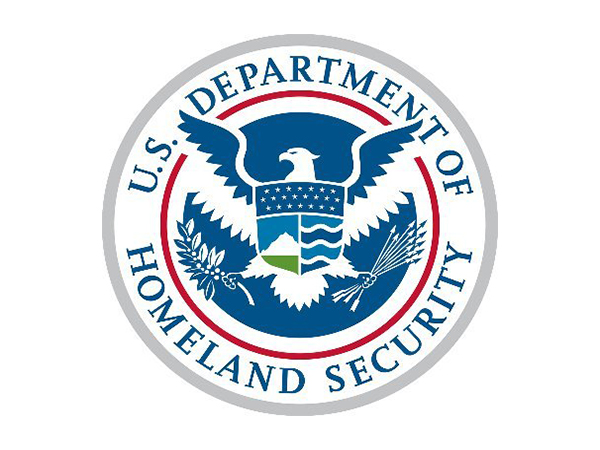
Washington: The Trump administration introduced restrictions on the I visa classification for foreign journalists covering the United States on Wednesday (local time). While the proposed 240-day limit isn't directly tied to this administration's actions, a relevant rule change did occur during this time.
The rule aims to replace the longstanding practice of admitting most media representatives for as long as they maintained qualifying employment abroad, a system introduced in 1985. DHS argues that the indefinite "duration of status" model undermined oversight, enabled fraud and abuse, and limited opportunities for the government to verify compliance.
"The Trump Administration has now decided to place restrictions on the duration of visa classification "I" which is issued to foreign journalists proposing to cover the United States and visa extension will be granted only if the immigration official is convinced of the activities of the Journalist," read the proposal from Kristi Noem, Secretary, US Department of Homeland Security.
Currently, a foreign journalist is granted permission to live and work in the US for the duration of their employment status with a foreign media organisation. Now, a time limit of 240 days is proposed, and after that, an extension would be granted only if the immigration officer is satisfied with the journalist's activities.
DHS has justified the move as necessary to strengthen immigration controls and align I visa admission rules with the fixed timelines applied to most other non-immigrant categories. It stated that the new regime would "provide additional protections and oversight" and ensure that representatives of the foreign press are engaged only in their permitted professional duties while in the United States.
Meanwhile, on May 11, 2020, the Department of Homeland Security (DHS) published a final rule restricting the admission period for Chinese journalists on I visas to 90 days, rather than allowing them to stay for the duration of their status.
The proposed regulation would establish a fixed time period for F visas for international students, J visas that permit visitors participating in cultural exchange programs to work in the US, and I visas for members of the media.
The I visa is designed for foreign journalists, media professionals, and representatives of foreign media organisations working in the US to gather news, produce documentaries, or cover events for foreign media outlets.
To qualify for an I visa, applicants must be employed by a foreign media organisation, engage in news gathering or reporting activities, and produce non-commercial content intended for a foreign audience, according to the proposal.
I visa holders are generally admitted for the duration of their status, but specific rules apply to Chinese journalists, who are admitted for a maximum of 90 days, with possible 90-day extensions if they demonstrate activities consistent with I classification.
Foreign journalists must apply for an I visa at a US embassy or consulate, providing proof of employment with a foreign media organisation and intent to engage in media activities in the US.
As per the proposal, "I" visa requirements include proof of employment with a foreign media organisation headquartered outside the US; intent to engage in news gathering, reporting, or documentary production and activities must be informational, non-commercial, and intended for a foreign audience.
This move is part of a broader effort to tighten legal immigration policies in the US. For "F" visas of international students, the proposed regulation would limit the visa period to four years or the program end date, whichever is shorter, plus a 30-day grace period. Students must apply for extensions before their admission expires.
For "J" visas of exchange visitors, holders are admitted for a fixed period, typically up to four years, and must apply for extensions.
For "I" visas of journalists, the visa period would be limited to 240 days, with possible extensions. Chinese nationals would face an even shorter limit of 90 days.
Over 1.6 million international students on F visas in the US would be affected. Approximately 355,000 exchange visitors and 13,000 members of the media granted visas in fiscal year 2024 would also be impacted.
NAFSA, a non-profit organisation representing international educators, opposed a similar proposal in 2020 and called for its withdrawal. The Biden administration withdrew the 2020 proposal in 2021.
The public will have 30 days to comment on the proposed regulation once it's published in the Federal Register.